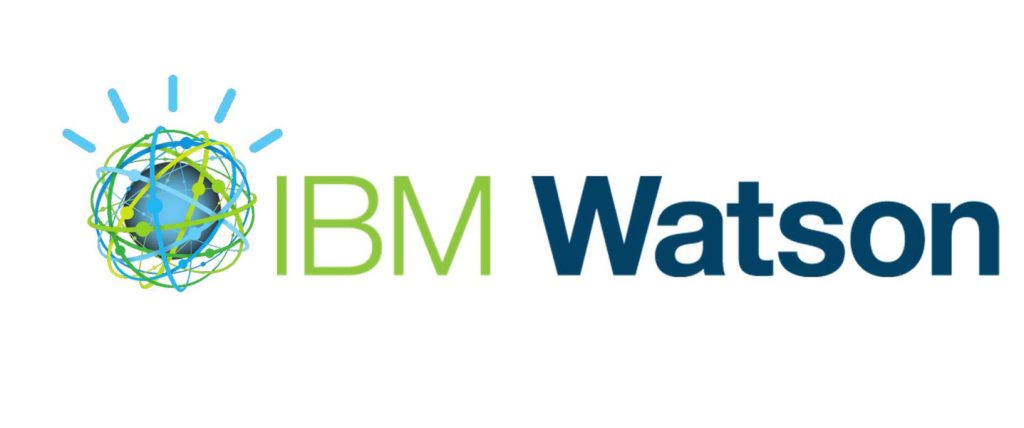- Overview
- H2O.ai
- NVIDIA Deep Learning AI
- Salesforce Einstein
- UiPath
- OpenAI’s GPT-3
- Microsoft Azure Cognitive Services
- Amazon SageMaker
- IBM Watson
- PyTorch
- TensorFlow
Overview
Artificial Intelligence (AI) has rapidly transformed the way we live, work, and interact with technology. With advancements in machine learning, deep learning, and neural networks, AI tools have become indispensable across various industries. From automating tasks to enhancing decision-making processes, these tools are pushing boundaries and creating new possibilities. In this article, we will explore the top 10 AI tools that are revolutionizing industries across the globe.
10. H2O.ai
H2O.ai offers an open-source AI platform that focuses on machine learning and predictive analytics. It provides tools for data preprocessing, model selection, and deployment, making it a valuable asset for data scientists and machine learning engineers. H2O.ai’s AutoML capabilities automate the process of selecting the best algorithms and hyperparameters, simplifying the model development process.
09. NVIDIA Deep Learning AI
NVIDIA has been a driving force behind advancements in AI hardware and software. The NVIDIA Deep Learning AI platform provides tools, libraries, and frameworks optimized for deep learning tasks. The CUDA platform and NVIDIA GPUs accelerate the training and inference of deep learning models, making it possible to tackle complex problems such as image recognition, autonomous driving, and medical diagnosis.
08. Salesforce Einstein
Salesforce Einstein is an AI-powered platform integrated into Salesforce’s customer relationship management (CRM) software. It enables businesses to make data-driven decisions and provide personalized experiences to customers. Einstein’s AI capabilities include predictive analytics, automation, and natural language processing, allowing companies to optimize their sales, marketing, and customer service processes.
07. UiPath
UiPath is a leading robotic process automation (RPA) platform that uses AI to automate repetitive and rule-based tasks. By mimicking human interactions with software, UiPath’s AI-powered bots can handle tasks such as data entry, report generation, and even customer support. This technology has revolutionized industries like finance, manufacturing, and healthcare by improving efficiency and reducing error rates.
06. OpenAI’s GPT-3
OpenAI‘s Generative Pre-trained Transformer 3 (GPT-3) has taken the world by storm with its natural language processing capabilities. GPT-3 is a language model that can generate human-like text based on a given prompt. Its versatility ranges from content generation to code completion. GPT-3’s ability to understand context and generate coherent text has found applications in content creation, virtual assistants, and even programming assistance.
05. Microsoft Azure Cognitive Services
Microsoft Azure Cognitive Services is a collection of AI tools and APIs that enable developers to infuse intelligence into their applications. These services cover a wide range of capabilities, including vision, speech, language, and decision-making. Developers can integrate features like image recognition, text-to-speech conversion, and language translation into their applications with minimal effort.
04. Amazon SageMaker
Amazon SageMaker is a comprehensive machine learning service provided by Amazon Web Services (AWS). It simplifies the entire machine learning lifecycle, from data preprocessing to model deployment. With built-in algorithms and the flexibility to bring your own models, SageMaker empowers data scientists and developers to build, train, and deploy machine learning models at scale.
03. IBM Watson

IBM Watson is an AI platform that offers a suite of tools and services for businesses to harness the power of AI. From natural language processing to computer vision and predictive analytics, Watson has made AI accessible to industries such as healthcare, finance, and customer service. Its ability to understand, reason, and learn from data has led to the development of applications that assist doctors in diagnosing diseases, help financial institutions detect fraud, and provide personalized customer experiences.
02. PyTorch
PyTorch is another widely used open-source machine learning framework that has gained traction in recent years. Developed by Facebook’s AI Research lab (FAIR), PyTorch provides a dynamic computational graph, making it more intuitive for researchers and developers to experiment and iterate with their models. Its popularity has grown due to its flexibility, enabling faster experimentation and seamless transition from research to production.
01. TensorFlow

TensorFlow, developed by Google, is an open-source machine learning framework that has played a pivotal role in shaping the AI landscape. It allows researchers, developers, and businesses to build and deploy machine learning models with ease. Its versatility makes it suitable for tasks ranging from image and speech recognition to natural language processing. TensorFlow’s user-friendly interface, extensive documentation, and robust community support have made it a go-to choice for AI enthusiasts.








